Citation
Hsu, Henda; Vásquez, Bob Edward; McDowall, David. A Deadlier Post-9/11 Terrorism Landscape for the USA Abroad: A Quasi-Experimental Study of Backlash Effects of Terrorism Prevention
. Journal of Experimental Criminology Vol 16, no. 4 (2020): 607-623. DOI: 10.1007/s11292-019-09393-y.
Findings
The authors find support for their hypothesis, arguing that consistent with the visual impression of the figures, the proportion of terrorist attacks that resulted in death increased sharply after September 11, 2001. The change in the proportion of all attacks that produced fatalities was especially large, rising from 23% before October 2001 to about 64% after it, a 41% increase. The 18% increase in fatal attacks after excluding Iraq and Afghanistan was less striking, but it was still statistically significant and comparatively large in magnitude. Also consistent with the figures, the proportions of attacks that produced either no casualties or injuries only both decreased in the post-intervention period. The decreases were statistically significant, but they were again much larger for the series that included attacks in Iraq and Afghanistan. All of this supports the idea that terrorist attacks against the US abroad became deadlier after September 2001. The proportion of lethal attacks against non-US targets from the control series showed no statistically significant change after September 11, 2001. Ultimately, the authors argue that the results indicate that US counterterrorism measures taken after September 11, 2001 had the unintended and undesirable consequence of creating a more lethal terrorist threat for US targets and interests abroad.
Tags
Lever of Power: Military Lever of Power: Intelligence Lever of Power: Law Enforcement Method: Quantitative Geoscope: Global UN Region: No specific geographic focus DOD Region: No specific geographic focus Country: USA Type: Article Year: 2020
Research Background
- Research questions
- Did the extensive post-9/11 US terrorism prevention efforts and responses to terrorism produce an unintended backlash of increasing terrorist violence towards US targets and interests overseas?
- Hypotheses
- US counterterrorism efforts might have reductive effects on the number of attacks against US targets and interests abroad, but these efforts could also be responsible for creating an environment in which only the most lethal or most "cost-effective" attacks are carried out.
Variables or Concepts
- Independent variables & concepts
- US sweeping counterterrorism efforts after the September 11, 2001 terrorist attacks
- Dependent variables & concepts
- Attacks abroad with deaths
- Attacks abroad with injuries
- Attacks with no injuries
Methodologies
- Quantitative method description
- Autoregressive integrated moving average (ARIMA) time series model
Time Frame
- Start: 1994
- End: 2013
